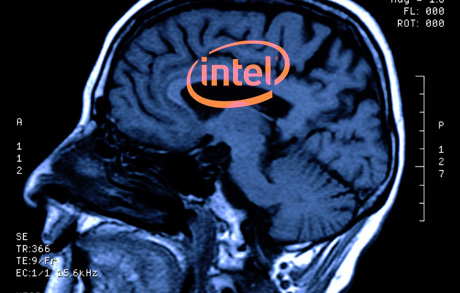"The planet has grown a central nervous system" - IBMSocialMedia "The Internet of Things" (below)
Maybe it's just me, maybe I watch too many horror movies, maybe I watch too much post-apocalyptic sci-fi but The Internet of Things scares the life out of me. I prefer to err on the side of caution but I'm not cyber-dystopian. I'm more likely to subscribe to the Evgeny Morozov school of thought (cyber-realism). I see both sides. So when Teodor Mitew showed an ad for the future of Ericsson depicting Ericsson's version of a Smart Home in his lecture Case: The Internet of Things: From Networked Objects to Ubiquitous Computing I was instantly filled me with both wonder and terror.
For someone as unorganised as me, the thought that my home could organise my life for me was amazing. But in the same breath I had a little SkyNet moment. Yes, I went there. My mind grappled simultaneously with two apposing notions. I saw the cyberutopian future where locking myself out of my house (again and again and again) would never be a problem, I would simply text message my house as I was leaving my car and my house would unlock the door for me as I reached the front step (Mitew 2011). I also saw the cyber-dystopian future where my house may be hacked by a disgruntled ex-lover or prank-loving friend, actively setting my house against me and say, locking me out. Or (if you want to go to extremes) an individual being targeted by remotly controlled inanimate objects in their own home. I can't imagine the level of paranoid that would inspire in someone with a lot of enemies like say, Julian Assange?
Don't tell me the size of that RFID (Radio Frequency Identification tag)
doesn't simultaneously amaze you and freak you out.
In Why Things Matter, Julian Bleeker describes networked objects as transcending from passive things occupying a physical space to active nodes "occupying themselves" (2006). It's not hard to see the advantages of inanimate objects becoming animate through internet connectivity. Whether it's the cattle transmitting health data to the farmer (as per the example shown in the lecture), or RFID tags on your keys that communicate to the rest of the house when you are leaving, initiating a chain reaction of actions performed by other house hold devices, the potential for convenience is astounding.
But so is the potential for harm.
Further Reading:
The Internet of Things Blurs the Lines between Bits and Atoms: I linked this further up in the post but I'm going to link it again here because it's got some fascinating information on RFID tags, Smart Homes, and the companies involved in developing RFID technology.
RFID Chips Watch Grandma Brush her Teeth: Potential uses for RFID technology in the health sector.
International Journal of Smart Home article on RFID and National Security.
ReadWriteWeb: 5 Companies Building the Internet of Things.
Android@Home: Google Gets Smart about the Smart Home.
Blog Sources:
Mitew, T 2011, Case: The Internet of Things: From Networked Objects to Ubiquitous Computing, Lecture, DIGC202 Global Networks, University of Wollongong, delivered 24 October
Bleecker, J. 2006, 'Why Things Matter: A Manifesto for networked objects' accessed 27 October http://www.nearfuturelaboratory.com/files/WhyThingsMatter.pdf





